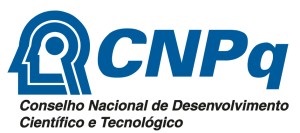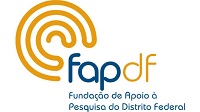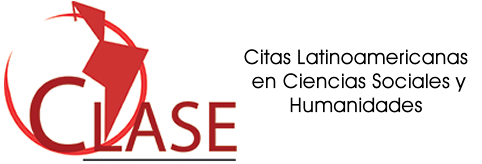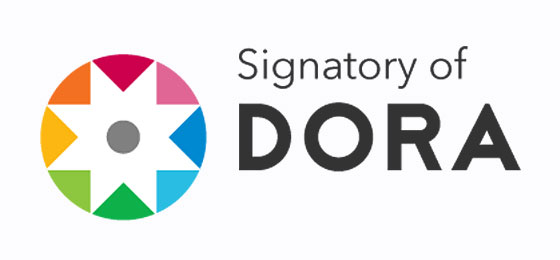The rural development under regime of truth:
the World Bank’s discourses
DOI:
https://doi.org/10.1590/s0102-699220183301001Keywords:
rural development, new ruralities, ruralities and social theory, World BankAbstract
This article aims to a sociological interpretation of the discourses of the World Bank in the field of cognitive struggles for the construction of knowledge and the legitimate prescriptions for rural development. These discourses were searched in five World Bank’s reports dedicated to the theme from 1995 to 2015, which show a shift in agriculture’s role to rural spaces. In the analyzed period, the initial documents the initial documents aim to build a broad view of rural, in a territorial approach that stimulates economic diversification and collective participation. Secondly, the emphasis shifts towards strengthening agriculture and the need to raise agricultural productivity to ensure food security; this position is reinforced at a third moment, when the Bank associates agriculture with climate change. The study highlights that the World Bank’s prescriptions on rural development are largely based on the universal resources of calculation and predictability of modern science. The effect is the evaluation and the modeling of material and symbolic exchanges taken as legitimate in rural territories - actions that incur on practices of local population and demand the docilization of bodies for new institutional and market controls in the relation with the environment. At last, the effectiveness of the reform of the World Bank’s discourses on rural development in emerging countries is also articulated with the fluidity of the spaces of domination and power exercise in global scale.
Downloads
References
ACSELRAD, Henri; MELLO, Cecília Campello; BEZERRA, Gustavo das Neves. O que é justiça ambiental. Rio de Janeiro: Garamond, 2009.
BECK, Ulrich. Sociedade de risco: rumo a uma outra modernidade. São Paulo: Editora 34, 2010.
BRUNDTLAND, Gro Harlem (Dir.). Our common future. Report of the World Commission on Environment and Development. Oxford: Oxford University Press, 1987.
CARNEIRO, M. J. “Rural” como categoria de pensamento. Ruris, v. 2, n.1, Mar. 2008.
CASTELLS, Manuel. A sociedade em rede. “A era da informação: economia, sociedade e cultura”, v. 1. São Paulo: Paz e Terra, 1996.
CASTRO, L. C. de. O desenvolvimento guiado por um elemento estrangeiro: as relações entre o Banco Mundial e os países subdesenvolvidos. Dissertação (Mestrado) - Programa de Pós-Graduação em Ciência Política, Instituto de Filosofia e Ciências Humanas, Universidade Estadual de Campinas (Unicamp), Campinas, 2004.
FAVARETO, Arilson da Silva. Paradigmas do desenvolvimento rural em questão. v. 1. São Paulo: Fapesp; Iglu, 2007.
FOUCAULT, Michel. Microfísica do poder. 25. ed. São Paulo: Graal, 2012.
____. A ordem do discurso. 18. ed. São Paulo: Loyola, 2009.
____. Surveiller et punir: naissance de la prision. Paris: Gallimard, 1975.
GAMEIRO, Mariana Bombo Perozzi. Desenvolvimento, perícia e poder no rural paulista: o caso do Programa Estadual de Microbacias Hidrográficas. Dissertação (Mestrado) - Programa de Pós-Graduação em Sociologia, Centro de Educação e Ciências Humanas, Universidade Federal de São Carlos (UFSCar), São Carlos, 2013.
GIDDENS, Anthony. Modernidade e identidade. Rio de Janeiro: Jorge Zahar, 2002.
____. As consequências da modernidade. São Paulo: Editora Unesp, 1991.
GONZALES, Manuel Jose Forero et al ii. O Brasil e o Banco Mundial: um diagnóstico das relações econômicas. Brasília: Ipea, 1990.
HONE, Angus. World Bank operations: sectoral programs and policies. Baltimore; London: Johns Hopkins University Press, 1972.
LOWE, Philip et al ii. Participation in rural development. Luxembourg: European Foundation for the Improvement of Living and Working Conditions, 1999.
MARSDEN, Terry; MURDOCH, Jonathan. The shifting nature of rural governance and community participation. Journal of Rural Studies, v. 14, n. 1, p. 1-4, 1998.
MARTINS, Rodrigo Constante. Fronteiras entre desigualdade e diferença na governança das águas. Ambiente e sociedade, (no prelo).
MARTINS, Rodrigo Constante. A construção social da economia política da água. Sociologia. n. 73, p. 111-130, Lisboa, 2013.
MORMONT, Marc. Le rural comme catégorie de lecture du social. In: JOLLIVET, Marcel; EINER, N. (Orgs.). L’Europe et ses campagnes. Paris: Press des Sciences Politiques, 1996.
PEREIRA, João Márcio Mendes. O Banco Mundial como ator político, intelectual e financeiro (1944-2008). Rio de Janeiro: Civilização Brasileira, 2010.
PLOEG, J. D. van Der et al ii. Rural development: from practices and policies towards theory. Sociologia Ruralis, v. 40, n. 4, p. 391-407, Netherlands, 2000.
ROSSET, Peter. O bom, o mau e o feio: a política fundiária do Banco Mundial. In: MARTINS, Mônica Dias (Org.). O Banco Mundial e a terra: ofensiva e resistência na América Latina, p. 16-24. São Paulo: Viramundo, 2004.
SHAW, D. John. The world’s largest humanitarian agency: the transformation of the UN World Food Programme and of Food Aid. London: Palgrave Macmillan, 2011.
SCHNEIDER, Sérgio. A abordagem territorial do desenvolvimento rural e suas articulações externas. Sociologias, n. 11, p. 88-125, Porto Alegre, 2004.
VEIGA, José Eli et al ii. A face rural do desenvolvimento: natureza, território e agricultura. Porto Alegre: Editora UFRGS, 2000.
WANDERLEY, Maria de Nazareth Baudel. A emergência de uma nova ruralidade nas sociedades modernas avançadas: o “rural” como espaço singular e ator coletivo. Estudos, Sociedade e Agricultura, n. 15, p. 87-145, Rio de Janeiro, Out. 2000.
WORLD BANK. Documents and reports. Disponível em: <Disponível em: http://documents.worldbank.org/curated/en/topic >. Acesso em: 29 Abr. 2015.
____. What we do. Disponível em: <Disponível em: http://www.worldbank.org/en/about/what-we-do >. Acesso em: 04 Out. 2014.
____. Implementing agriculture for development: World Bank Group Agriculture Action Plan: FY2013-2015. Washington: The World Bank Group, 2013.
____ (MANSURI, G., RAO, V.) . Localizing development: does participation work? Washington: The International Bank for Reconstruction and Development/The World Bank, 2013b.
____. World development report 2010: development and climate change. Washington: The International Bank for Reconstruction and Development; The World Bank, 2010.
____ Implementing agriculture for development: World Bank Group Agriculture Action Plan: FY2010-2012. Washington: The International Bank for Reconstruction and Development; The World Bank , 2009.
____. World Development Report 2008: agriculture for development. Washington: The International Bank for Reconstruction and Development; The World Bank , 2007.
____. Reaching the rural poor: a renewed strategy for rural development. Washington: The International Bank for Reconstruction and Development; The World Bank , 2003.
____. Rural development: from vision to action? (Phase II). Washington: The World Bank Group, 2000.
____. Rural development: from vision to action - A sector strategy paper. Washington: The World Bank Group , 1997.

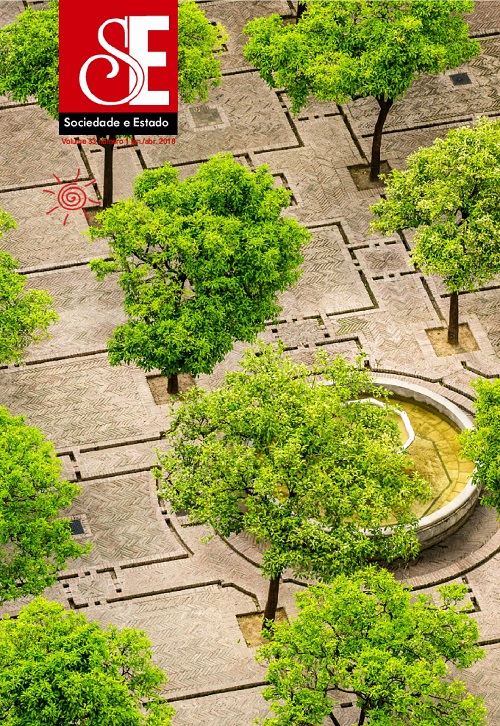


.jpg)

